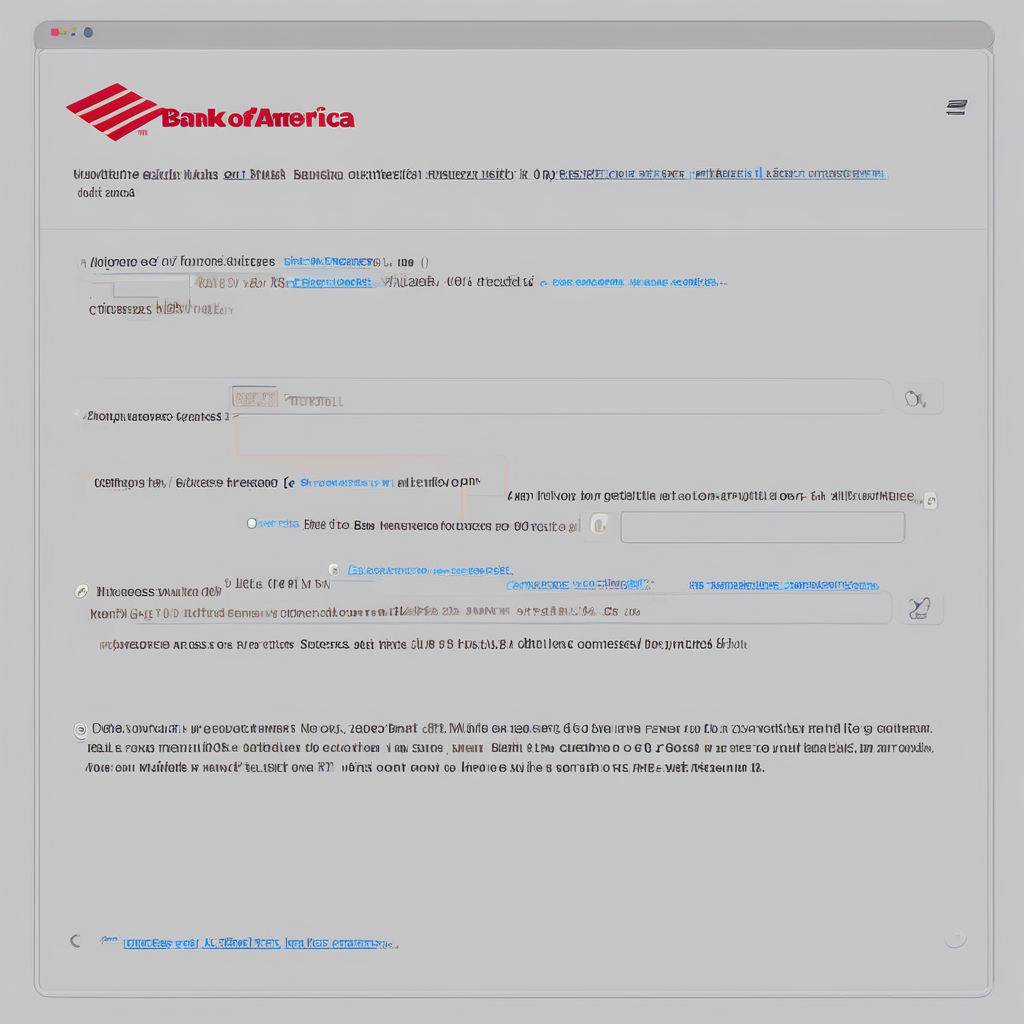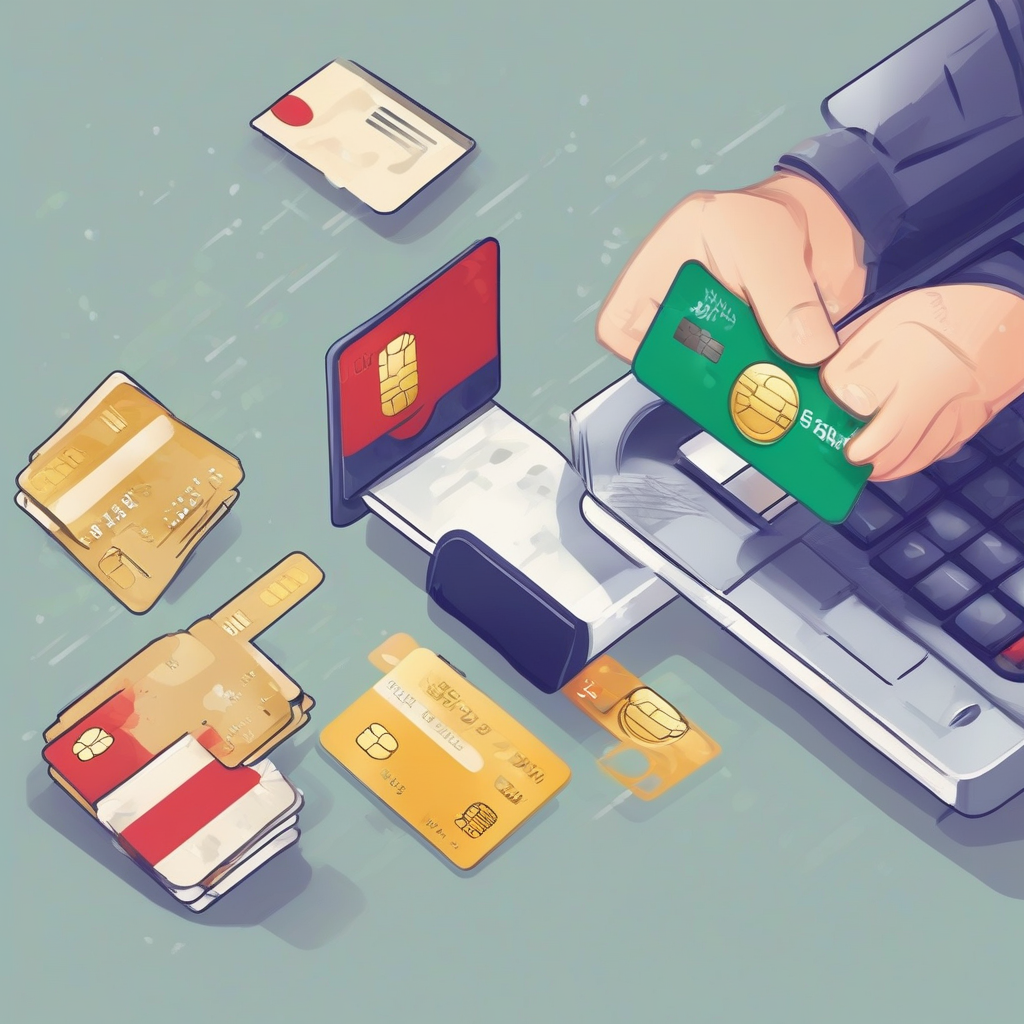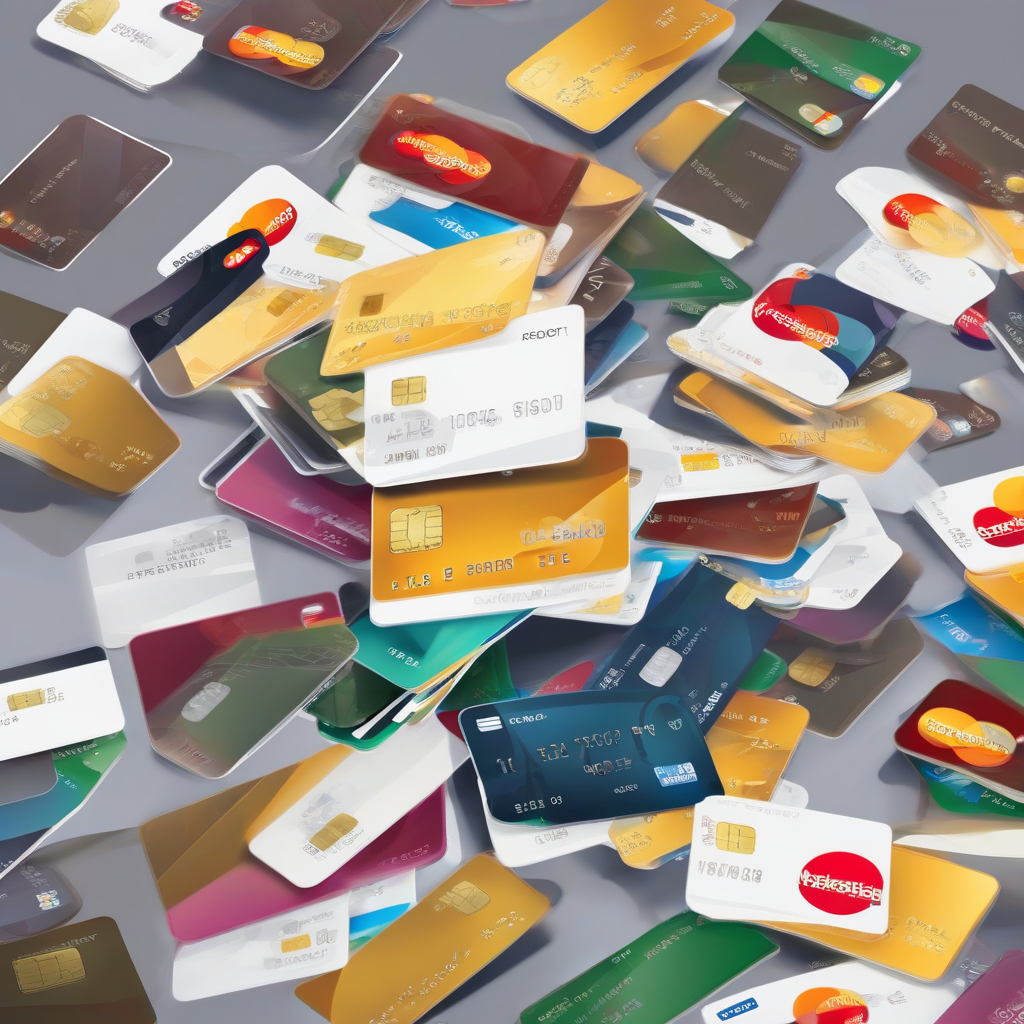Credit Card Machines for Small Businesses: A Comprehensive Guide

Credit Card Machines for Small Businesses: A Comprehensive Guide
Introduction
In today's digital age, accepting credit card payments is essential for any small business looking to thrive. Whether you operate a brick-and-mortar store, offer online services, or run a mobile business, a reliable credit card machine is a vital investment.
This comprehensive guide will equip you with the knowledge and insights you need to choose the perfect credit card machine for your specific needs. From understanding different types of machines and features to exploring pricing and top-rated options, we'll cover everything you need to make an informed decision.
Why are Credit Card Machines Essential for Small Businesses?
- Increased Sales and Revenue: Accepting credit cards expands your customer base, as many consumers prefer to pay with plastic. This leads to higher sales and increased revenue.
- Convenience and Efficiency: Credit card machines streamline the payment process, saving both you and your customers time. They eliminate the need for cash handling, reducing the risk of theft and errors.
- Enhanced Customer Satisfaction: Offering convenient payment options, such as credit card acceptance, enhances customer satisfaction and loyalty. It creates a seamless and positive customer experience.
- Improved Cash Flow: Faster payment processing through credit card machines ensures timely access to funds, improving your business's cash flow and financial stability.
- Reduced Costs: While there are processing fees associated with credit card transactions, the increased sales and improved cash flow often offset these costs, leading to overall cost savings.
Types of Credit Card Machines
There are various types of credit card machines available, each with its own set of features and functionalities. Understanding these options will help you identify the best fit for your business.
1. Traditional POS Systems
- Definition: Traditional POS systems are standalone devices with a physical terminal, keypad, and display. They connect to your business's phone line or internet for transaction processing.
- Pros: Reliable, secure, and typically offer comprehensive features, including inventory management, reporting, and employee scheduling.
- Cons: Can be bulky and less portable, requiring a dedicated space for installation.
2. Mobile Credit Card Readers
- Definition: Mobile credit card readers are compact devices that connect to your smartphone or tablet via Bluetooth or USB. They allow you to process payments on the go.
- Pros: Portable, affordable, and easy to use, ideal for businesses operating in mobile settings or with limited space.
- Cons: May have limited functionalities compared to traditional POS systems and require a compatible device.
3. Cloud-Based POS Systems
- Definition: Cloud-based POS systems are software applications that run on your computer or mobile device, accessing data and processing transactions through the internet.
- Pros: Accessible from anywhere with an internet connection, scalable, and often offer robust features and integrations.
- Cons: Requires a stable internet connection and may have security concerns depending on the provider.
Key Features of Credit Card Machines
When choosing a credit card machine, consider these important features:
1. Payment Processing Options
- Credit Card Types: Ensure the machine accepts the major credit cards, including Visa, Mastercard, American Express, and Discover.
- Debit Cards: Check if the machine accepts debit cards, including those with PIN authentication.
- Contactless Payments: Consider machines that support contactless payment methods, such as Apple Pay, Google Pay, and Samsung Pay, for a faster and more convenient checkout experience.
2. Security and Compliance
- PCI DSS Compliance: Ensure the machine meets the Payment Card Industry Data Security Standard (PCI DSS) to safeguard sensitive customer data.
- Encryption: Look for machines with robust encryption technologies to protect transactions from unauthorized access.
- Fraud Prevention: Consider features such as fraud detection and prevention tools to minimize the risk of fraudulent transactions.
3. Reporting and Analytics
- Sales Reports: Choose a machine that generates detailed sales reports, including transaction history, itemized sales, and revenue summaries.
- Customer Data: Consider machines that allow you to collect customer data, such as email addresses and phone numbers, for marketing and customer engagement purposes.
- Inventory Management: For retail businesses, look for machines with inventory management features to track stock levels and automate reordering.
4. Integrations and Compatibility
- Accounting Software: Ensure the machine integrates seamlessly with your accounting software for efficient bookkeeping and financial reporting.
- E-commerce Platforms: If you have an online store, choose a machine that integrates with popular e-commerce platforms, such as Shopify or WooCommerce.
- Loyalty Programs: Consider machines that support loyalty programs to reward repeat customers and drive customer loyalty.
Pricing and Fees
The cost of credit card machines varies depending on the type, features, and provider. Here's a breakdown of common pricing models:
1. Monthly Subscription Fees
- Pros: Predictable monthly payments, often include processing fees and other features.
- Cons: Higher overall cost over time, may have hidden fees or limitations.
2. Per-Transaction Fees
- Pros: Pay only for the transactions you process, suitable for businesses with low transaction volumes.
- Cons: Can be expensive for businesses with high transaction volumes, often have additional fees for features.
3. Hardware Purchase
- Pros: One-time purchase cost, no ongoing monthly fees, complete control over your equipment.
- Cons: Higher upfront cost, may require additional maintenance and support.
Top Credit Card Machine Providers
Several reputable providers offer a wide range of credit card machines and payment processing solutions. Here are some of the top options:
1. Square
- Pros: User-friendly interface, affordable pricing, excellent customer support, mobile and online payment processing options.
- Cons: Limited reporting and analytics features, may not be suitable for businesses with complex needs.
2. PayPal Zettle
- Pros: Integrated with PayPal's payment processing platform, flexible pricing options, comprehensive reporting features, mobile and online payment processing capabilities.
- Cons: Higher transaction fees than Square, limited inventory management capabilities.
3. Shopify POS
- Pros: Seamless integration with Shopify's e-commerce platform, comprehensive features, robust reporting and analytics, inventory management capabilities.
- Cons: Higher monthly subscription fees, limited mobile payment processing options.
4. Clover
- Pros: Wide range of POS systems, flexible payment processing options, advanced features, strong customer support, robust reporting and analytics.
- Cons: Higher upfront cost, complex setup process, may not be suitable for businesses with limited technical expertise.
5. Toast
- Pros: Designed specifically for restaurants, comprehensive features, advanced reporting and analytics, employee management tools, online ordering capabilities.
- Cons: Higher monthly subscription fees, limited compatibility with other platforms.
Choosing the Right Credit Card Machine for Your Business
When choosing a credit card machine, consider the following factors:
1. Business Type and Needs
- Industry: Different industries have specific payment processing requirements. For example, restaurants may need features like table management and online ordering.
- Transaction Volume: The volume of transactions you process will influence your choice of pricing model and features.
- Customer Base: Consider the payment preferences of your target market, such as credit card vs. debit card usage or contactless payments.
2. Budget and Financial Considerations
- Upfront Costs: Determine the upfront cost of hardware, software, and any installation fees.
- Recurring Costs: Factor in monthly subscription fees, per-transaction fees, and any additional charges for features.
- Return on Investment: Estimate the potential increase in sales and revenue generated by accepting credit card payments to justify the investment.
3. Technology and Features
- Ease of Use: Choose a machine with a user-friendly interface that is easy for you and your staff to navigate.
- Security: Prioritize machines that meet PCI DSS compliance and offer robust encryption and fraud prevention measures.
- Reporting and Analytics: Consider machines that provide comprehensive reports to help you track sales, analyze customer behavior, and make informed business decisions.
Conclusion
Investing in a credit card machine is crucial for any small business looking to grow and succeed in today's digital landscape. By understanding the different types of machines, key features, pricing models, and top providers, you can make an informed decision that meets your specific business needs and helps you streamline payments, boost sales, and enhance customer satisfaction.
What's Your Reaction?
















